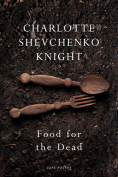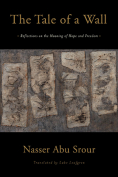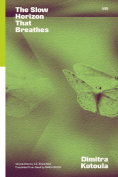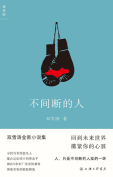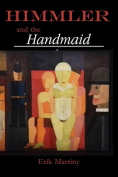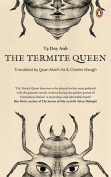The Termite Queen by Ta Duy Anh
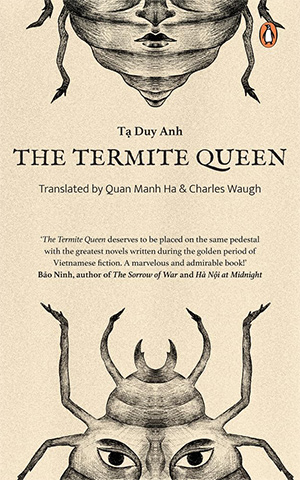 Singapore. Penguin Random House SEA. 2023. 235 pages.
Singapore. Penguin Random House SEA. 2023. 235 pages.
Banned in Vietnam in 2017 and translated into English in 2023, The Termite Queen exposes the crossroads of the Vietnamese communist government’s obsession with hypercapitalism and tycoons’ moral corruption and avarice. Ta Duy Anh, a well-known contemporary Vietnamese author, gives an acerbic critique of Vietnam’s ironclad position in helping powerful companies seize and develop what they deem as “pristine” land. The story follows Viet, heir to his late father, Mr. Nam’s, business, as he tries to fulfill the final wishes of his father by completing the construction of a golf course in a small, environmentally rich village. As Viet faces more obstacles for his golf course, he seeks out the help of a mysterious, larger-than-life figure named Mr. Big. As Viet navigates bureaucracy, bribery, and backlash in his quest to secure investment permits in order to seize land from the villagers to build the golf course, he begins to question his own moral and ethical standing and his role in the destruction of an entire village, its environment, and way of life.
The Termite Queen builds a rich world through simple and poignant prose. The novel addresses the hollow promises of promoting development in a rural area with the expectation of erasing a way of life the wealthy view as “impoverished,” all the while replacing a robust agricultural industry with jobs fit to serve the ultrawealthy. Through a plot filled with well-executed twists and turns and exposing the despicable lifestyle of the ruling class, Ta delivers a slow-burning tension that creeps off the page and into the reader as Viet’s frustration rises. The other characters in the novel, such as Mr. Tam, the driver for Mr. Nam and Viet, provide refreshing insight into the state of contemporary Vietnam and remind the reader of how naïve and inexperienced Viet is in his business adventures.
Another well-developed character is Dieu, Viet’s romantic interest, whose father was left severely debilitated by Mr. Nam’s steel factory project. As a law student, she embodies justice and cultural resilience in the face of adversity. During an organized protest against the golf-course development, she says to the villagers, “They’ll exploit your natural resources, abuse your gullibility, and destroy your future. A few of them will become insanely wealthy from this project, while most of you will end up miserable.” She calls out the blatant governmental collusion with corrupt businessmen and accurately speaks of how the development will affect people’s well-being and the area’s ecology. In a country with restricted speech, speaking out against a government-backed project could result in dire consequence, but Dieu stands firm in her battle against Machiavellianism. Moreover, by planting the seeds of romance between Viet and Dieu, Ta insinuates that Dieu’s knowledge in Vietnamese law and politics, combined with Viet’s formal education in England together, can begin to topple a corrupt system and usher in a new age of transparency in Vietnam.
For most Western readers, the country of Vietnam often invokes only memories of the Vietnam War. But The Termite Queen shows a new side and reality of contemporary Vietnam and a new war being fought from within—the war between corrupt authorities and gullible farmers.
Ben Sholar
Missoula, Montana






